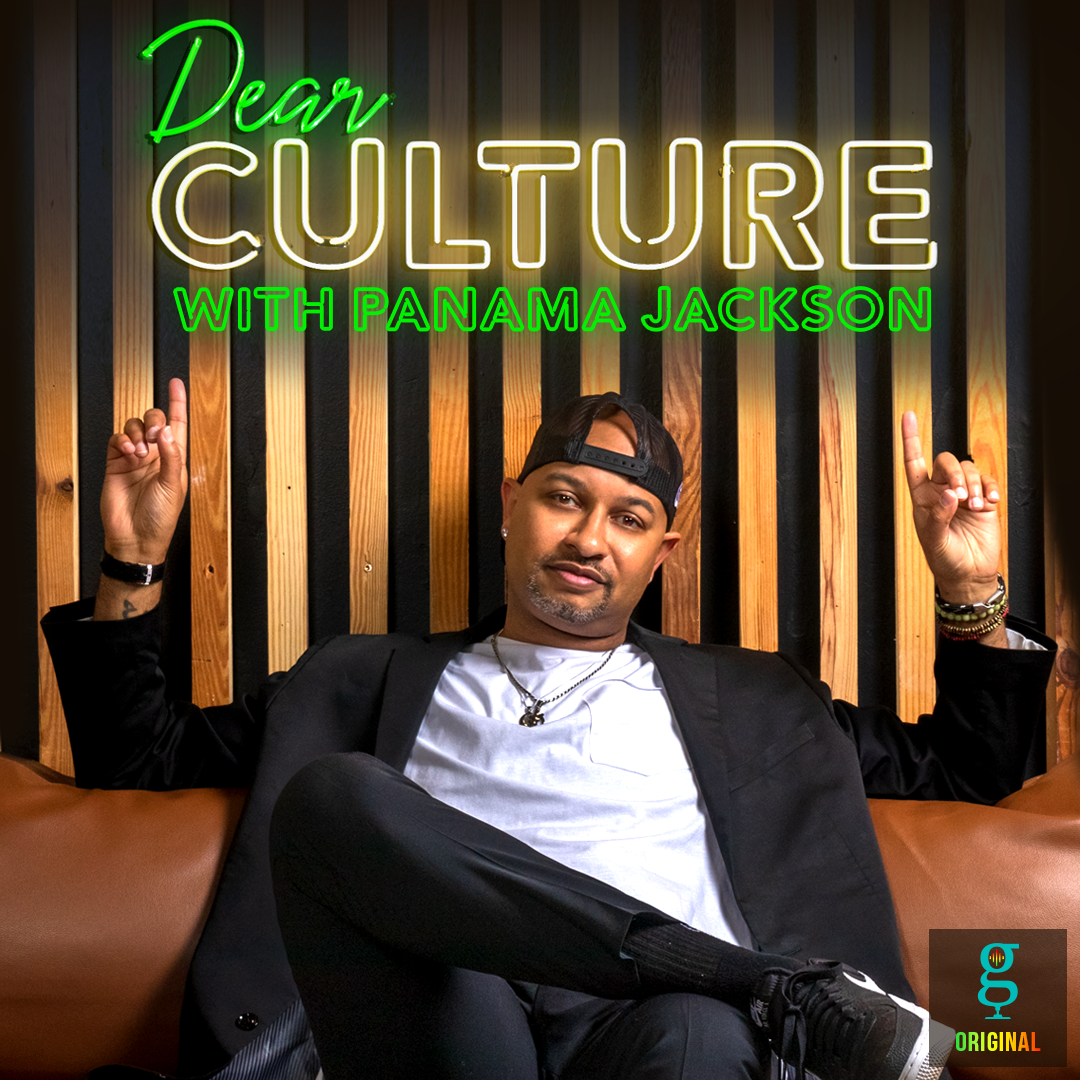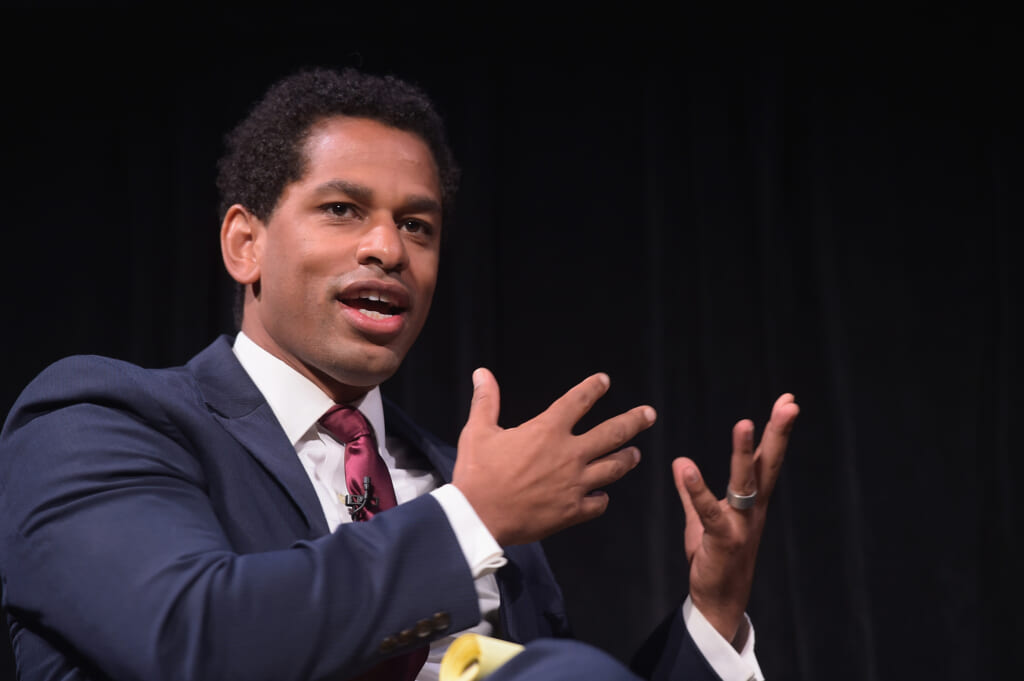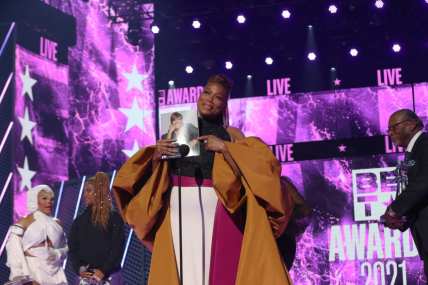
Read the full transcript here.
Everybody’s got something to say, but who are the voices actually shaping the culture? This week on the Dear Culture podcast, our hosts, theGrio Social Media Director Shana Pinnock and theGrio Managing Editor Gerren Keith Gaynor, are joined by journalist and cultural critic Touré to talk the state of Black culture and how to perfect the art of the hot take.
In a world where an opinion has the power to make, break and shape careers; shift the culture, and even change the culture itself, it can be hard to distinguish thoughtful criticism that examines and challenges the work of our society’s makers and movers from clickbait crafted to attract views and drive up ad revenue without ever really adding thoughtful to conversation.
Pinnock shared that she was accused of writing clickbait after penning an article on Ice Cube’s proposed “Contract With Black America,” and said sometimes social media does not allow for the most thoughtful and nuanced conversations around criticism.

“I think the thing about it is, though, where I get frustrated in this world of social media, in this world of everybody believes that just because you have a keyboard and just because you have a screen and, you know, maybe you have a few followers here and there that your hot take actually matters,” said Pinnock. “I think that’s a problem within our society.”
Adding to that problem is the issue of clickbait existing as a business model that profits from the spreading of misinformation, which according to Gaynor, makes it more difficult to uplift more fact-based and thoughtful stories.
“I understand that there’s a business model that has been created through clickbait because of the internet. You know, it’s all about clicks. It’s all about advertising dollars. And so, that has kind of forced media companies or what some maybe seen as traditional media companies having to engage in what might be considered clickbait,” said Gaynor. “As a news organization here at theGrio, I can speak for us is that while yes, there might be a headline that might try to entice you, but we’re trying to give you substance when you click through. We’re giving you information that is valuable; that we have done the research; that we are providing cultural and historical context.”

For Touré, whose work as an early purveyor and critic of hip hop and subsequent subcultures, it’s important to consider how and to whom we assign that power of determining what’s relevant and meaningful within our culture and simply having something to say does not a cultural critic make. Instead, a critic has the task of helping the culture develop a deeper or different understanding of the work it is critiquing.
“The critic will talk about culture in a serious way. We’ll talk about culture in a way that reflects a broad appreciation and understanding for it,” said Touré. “The easiest thing in the world is to say if something is good or bad, that is super boring and lame. What is much harder [is to ask is] ‘Where does it fit within the continuum of things that are like it?’ ‘Where does it fit in the world?’”
To hear the entire conversation, including our conversation on the new Dave Chappelle special, what happened after BET aired Touré’s now infamous sit down with R. Kelly, and what it truly means to be cancelled, tune into the Dear Culture podcast.
TheGrio is now on Apple TV, Amazon Fire, and Roku. Download theGrio today!


